Shedding Light on China’s Coercive Actions Key to Deterrence
Reporting increasingly aggressive actions on the part of the Chinese People’s Liberation Army (PLA) and the Chinese Communist Party (CCP) is key to the response from the United States and others in the region, according to a panel of intelligence officials at AFCEA’s TechNet Indo-Pacific conference in Honolulu, November 7-9.
The panel discussion of intelligence, or J2, officials within U.S. Indo-Pacific Command was entitled Threats, Challenges and Opportunities. It included Rear Adm. Thomas “Tom” Henderschedt, USN, the command’s intelligence director; Loren Johnson, chief, J2 Director’s Action Group, CW5 Casey Lynch, USA, command chief warrant officer, Joint Intelligence Operations Center/J2 senior warrant officer advisor; and Benjamin “Ben” Needles, chief technology officer within the command’s J2 office.
Adm. Henderschedt kicked off the discussion with a long litany of aggressive and, in some cases, illegal actions committed by China’s leaders, including sanctioning the Hudson Institute and the Ronald Reagan Presidential Library for hosting Taiwan’s President Tsai Ing-wen during her visit to the United States, flying perilously close to U.S. aircraft in the Indo-Pacific region and announcing an effort to patrol the Taiwan Strait to include boarding and and inspecting ships. The latter move, Adm. Henderschedt said, was “a really smart coercive move by the CCP,” which serves two purposes.
“Number one, the ultimate goal is intimidation of Taipei. And number two, by claiming or by stating that they will conduct these on-site inspections of industry, they exerted a claim of—and I'll use air quotes here—of sovereign rights and jurisdiction over internal waters of the strait. And both of those sub positions are prosperous: that the Taiwan Strait is an internal water of the PRC,” Adm. Henderschedt declared.
When an audience member asked whether the United States is “prepared to act differently in response to “gray zone” provocation by China in the South China Sea, Adm. Henderschedt initially responded with, “Wow.”
Gray zone activities are aggressive or competitive actions that fall below the threshold of actual warfare.
Adm. Henderschedt went on to say that the United States and others realize that China’s military is not the primary threat. “The gray zone problem ... is a real difficulty for all of, or many, of the South China Sea claimants to deal with. I think what we are learning as a region is the utility of a bright flashlight on the activity.”
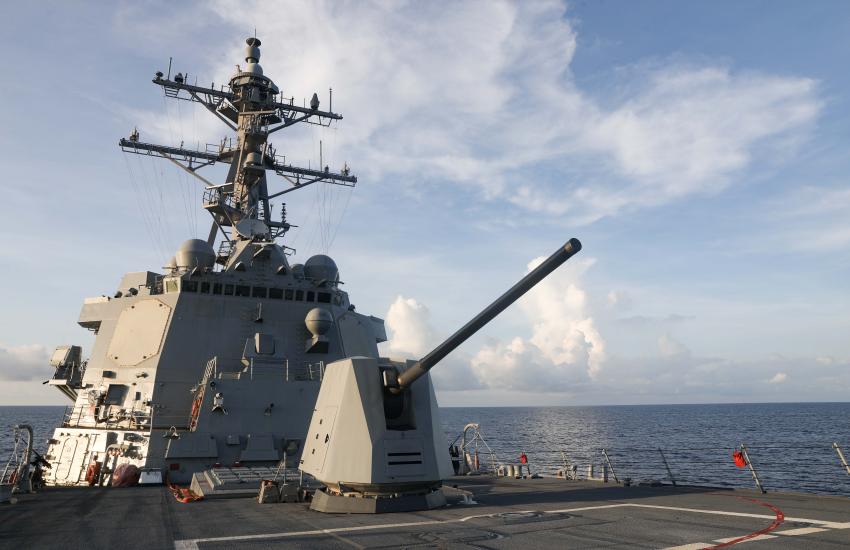
As an example, he cited the Philippines' practice of embedding reporters on resupply ships to release footage to the world of coercive behavior. “This gray zone activity is an attempt to reshape the norm and to coerce unacceptable behavior, or to use a force of not acceptable behavior to change the status quo," Adm. Henderschedt elaborated. “When the world sees that activity, and speaks out in support of the oppressed by saying that's not a legal activity, the reason why it’s not a legal activity, or 'Wow, that intercept is quite close,' I would argue that it does change behavior. It does highlight what's happening. It does cause the CCP at least to reevaluate their approach.”
The admiral continued, "And I'll just make a quick comment. I don't know that we are fully prepared to act differently right now. But I think we're moving in the right direction."
Johnson said he could not foot stomp any harder on the need to shed light on the PRC’s behavior. He noted a couple of reasons why he agrees with Adm. Henderschedt.
First, the United States and others are incorporating more non-military elements of national power into the region. The U.S. Coast Guard, for example, now operates in the South China Sea much more than it has in the past. “But it's not just the U.S., because the Philippines are building out their coast guard so they don't have to be so reliant on the Philippine Navy. It’s Indonesia and the other claimants doing the same sort of thing to build a gray zone reciprocal capability in a way that eliminates that.
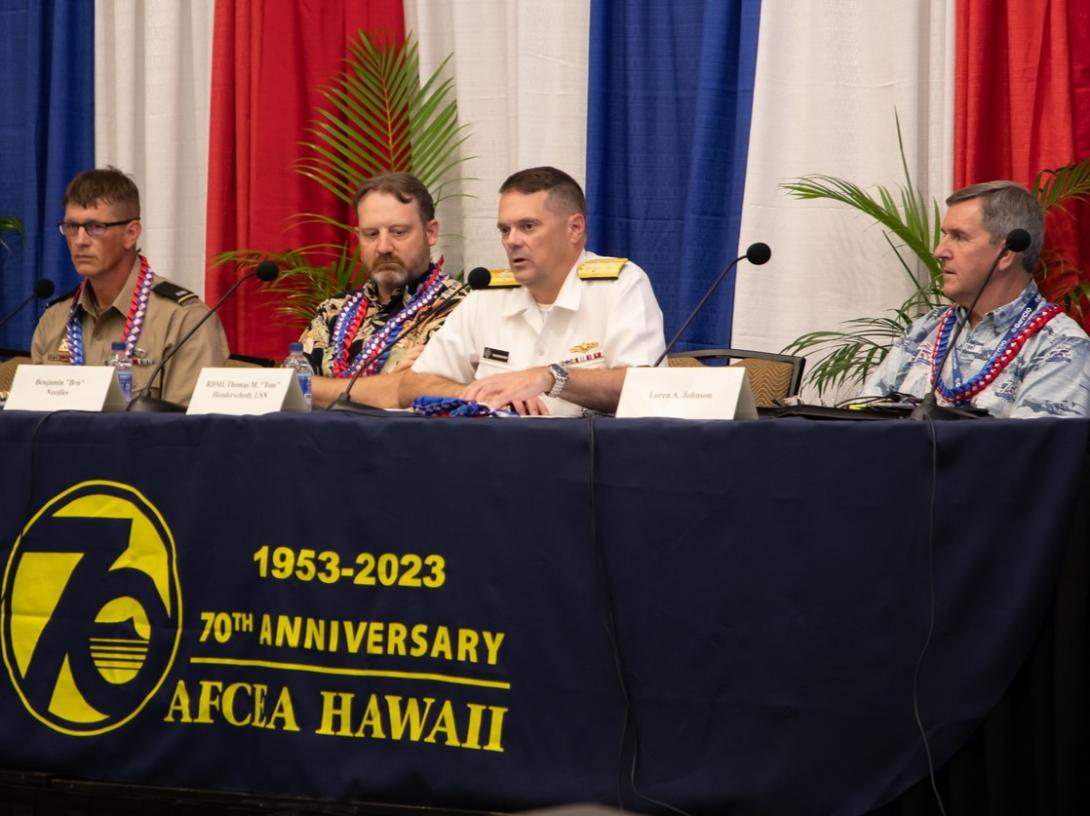
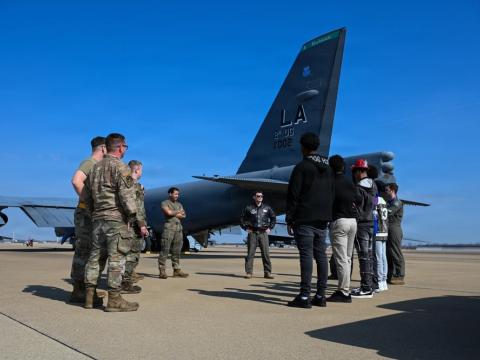
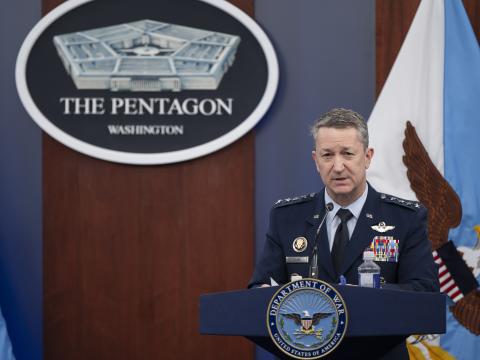
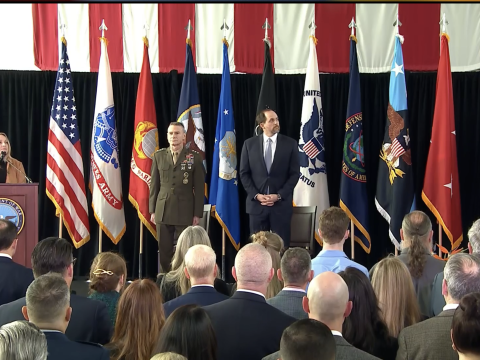

Comments